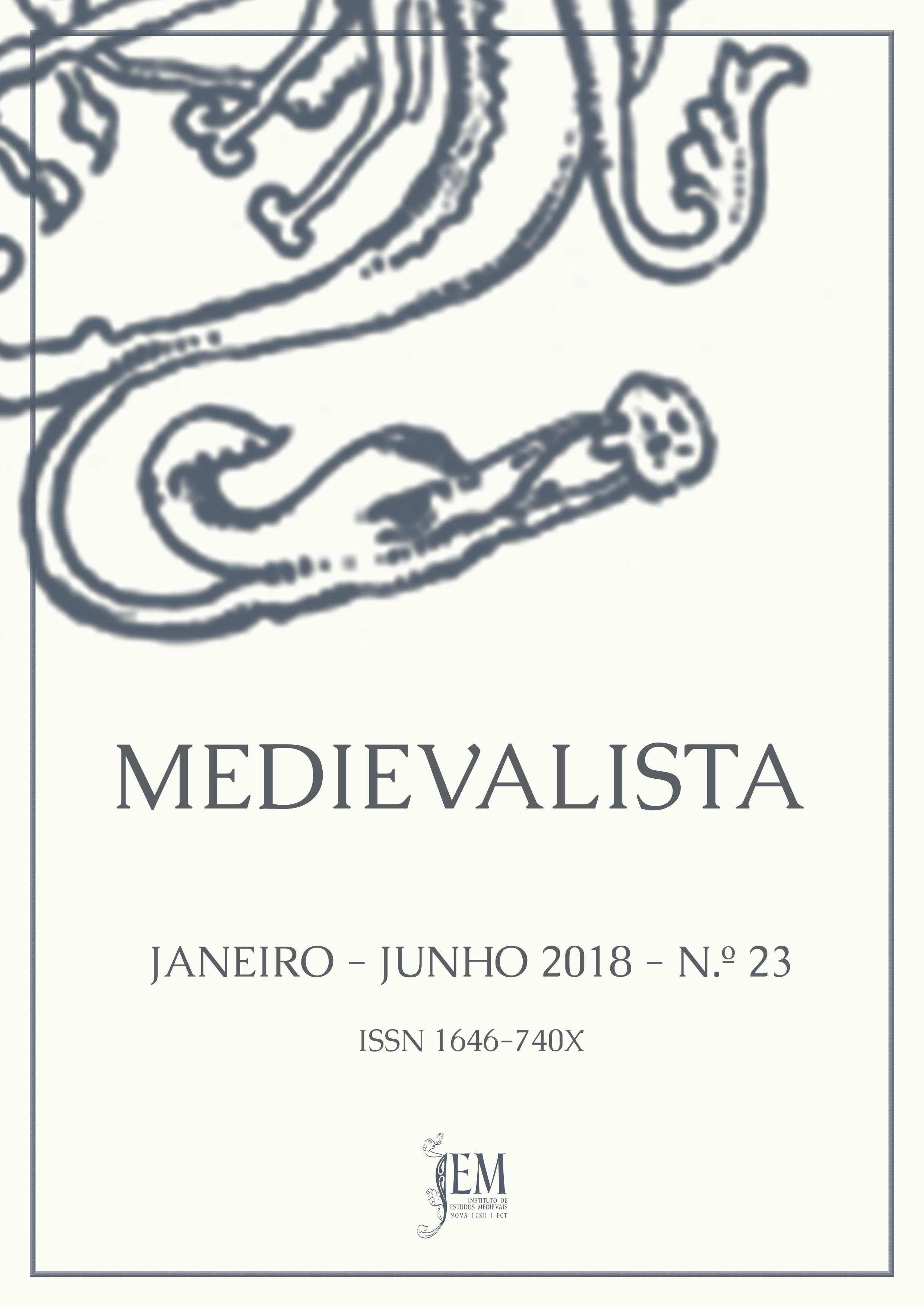“The Davis’ Master that called himself King of Portugal”. The propagandistic image of D. João of Portugal in the Castillian sources
DOI:
https://doi.org/10.4000/medievalista.1629Keywords:
Dynastic legitimacy, Dynastic delegitimization discourses, Crisis of 1383-1385 in Portugal, Portuguese-Castilian relations, Late-medieval political historyAbstract
The constitution of a new dynasty with the proclamation of D. João I of Portugal led to the creation of various propagandistic discourses. Portuguese historiography has only focused on the one created in his favor by his descendants, consecrated in the chronicle of Fernão Lopes. On the other hand, it has scarcely taken care of the constructed against it by the Castilian Trastámara who claimed the Portuguese throne under the rights of Beatriz of Portugal. Through the analysis of the discourse of the chronicles of Pedro López Ayala, the epistles of Fernando de Castilla, the documentation of the Castilian Chancellery and other instruments of power, such as the seal and the currency, we can not only observe the claims of the Trastámara and their non-recognition of the Avis dynasty, but also the construction of the image of D. João I of Portugal as an unworthy ruler by his personal conditions (barstardy and clergyman) and his style of governing in a traitorous, cowardly, hesitant, and opportunistic way. An image of the Portuguese sovereign radically different from that of the "good memory" and the "messiah of Lisbon" consecrated by the Portuguese sources, an alternative that appeared in the political discourse of the time.
Downloads
Published
How to Cite
Issue
Section
License
Copyright (c) 2025 Medievalista

This work is licensed under a Creative Commons Attribution 4.0 International License.





